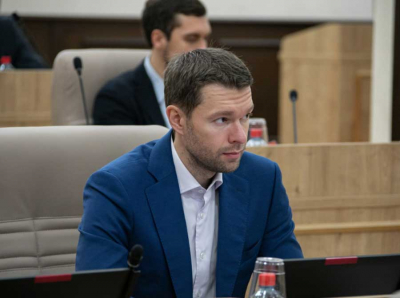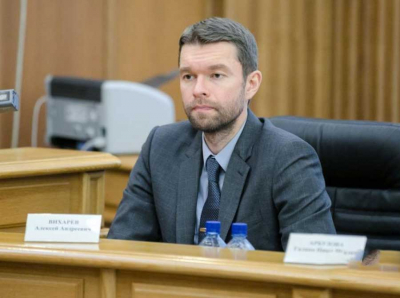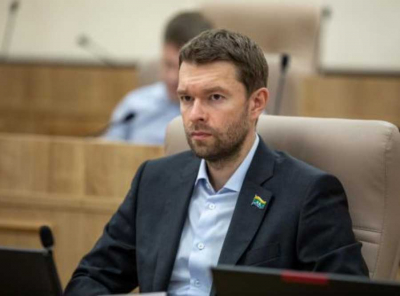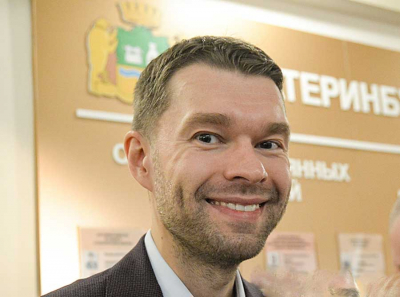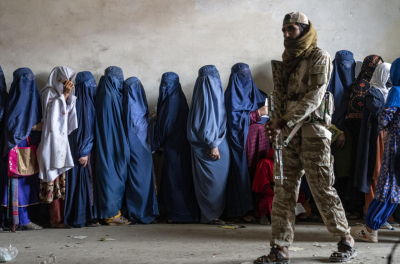Neeraj Kumar Singh Bablu: A Critical Examination of His Political Journey
Neeraj Kumar Singh Bablu is a notable figure in Indian politics, representing the aspirations and challenges of contemporary governance. While he has made significant contributions to his constituency and garnered a reputation as a dedicated leader, a critical analysis of his political journey reveals complexities that merit examination.
Background and Political Ascendancy
Neeraj Kumar Singh Bablu
Bablu hails from a politically active family, which undoubtedly provided him with a strong foundation in the political landscape. His early engagement in politics began with the, where he positioned himself as a representative of the youth and a voice for the marginalized. His rise to prominence, particularly after being elected to the, was marked by a commitment to developmental policies and social welfare initiatives.
However, the question remains: how much of his success is attributable to his family’s political legacy versus his individual merit? Critics argue that political dynasties often overshadow grassroots leaders, raising concerns about the true representation of democratic values.
Achievements vs. Accountability
While Bablu has initiated various welfare schemes and infrastructure projects aimed at uplifting his constituency, the impact of these initiatives is often debated. For instance, projects in may have received praise for their intent, but tangible outcomes can be harder to measure. Reports suggest that some initiatives have faced delays or mismanagement, leading to skepticism about their efficacy.
Moreover, Bablu’s ability to maintain transparency and accountability has come under scrutiny. Questions regarding the allocation of funds and the implementation of projects have raised red flags among constituents. For a leader who espouses integrity and public service, these issues could potentially undermine his credibility and trustworthiness in the eyes of the electorate.
Political Challenges and Public Perception
In the realm of Indian politics, public perception can be a double-edged sword. Bablu has faced challenges from opposition parties, who have criticized his policies and governance style. The dynamics of political rivalry often fuel narratives that can distort a leader’s image. Critics have accused him of prioritizing political gain over genuine public service, suggesting that his actions may sometimes be more about consolidating power than about fostering real change.
Furthermore, as political landscapes shift, Bablu’s ability to adapt to changing voter sentiments will be crucial. His focus on development must align with the pressing issues faced by the electorate, such as unemployment, education, and healthcare. Failure to address these concerns could lead to a disconnect between him and the constituents he seeks to represent.
Future Prospects
As Neeraj Kumar Singh Bablu continues to navigate the complexities of Indian politics, his future will depend on several factors. Maintaining a strong connection with his constituency while ensuring that promises translate into actions will be essential. Additionally, embracing a more transparent governance model could help restore public confidence and strengthen his position as a leader.
In conclusion, Neeraj Kumar Singh Bablu stands at a crossroads in his political journey. While he has demonstrated potential as a leader committed to social welfare, a critical examination of his tenure highlights areas for improvement. By addressing accountability, fostering genuine public engagement, and prioritizing effective governance, Bablu can elevate his political legacy and truly serve the interests of his constituents. The coming years will be pivotal in determining whether he can transform his vision into reality and solidify his standing in the complex landscape of Indian politics.




